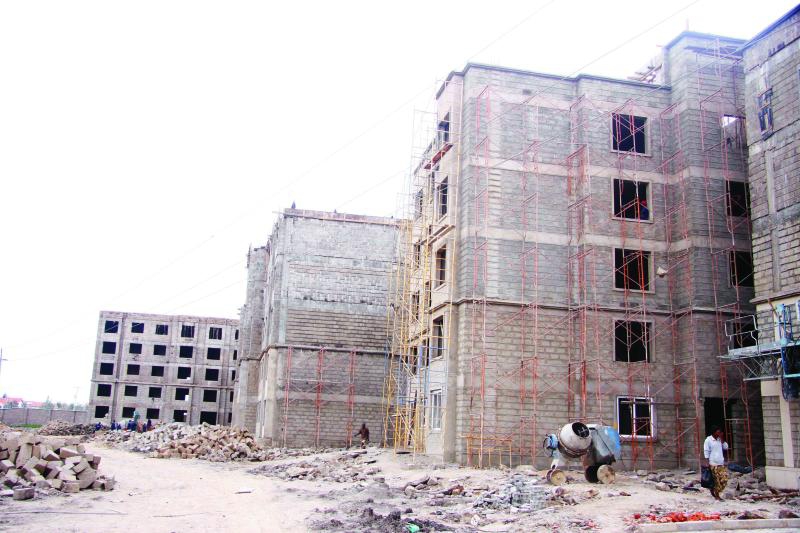×
The Standard e-Paper
Kenya’s Boldest Voice

NAIROBI, KENYA: A week after Treasury Cabinet Secretary Henry Rotich presented the government estimates for the Financial Year 2018-19, questions are being asked as to why the housing sector was allocated meagre resources.
This despite the governments inclusion of the provision for affordable housing among its Big Four Agenda.